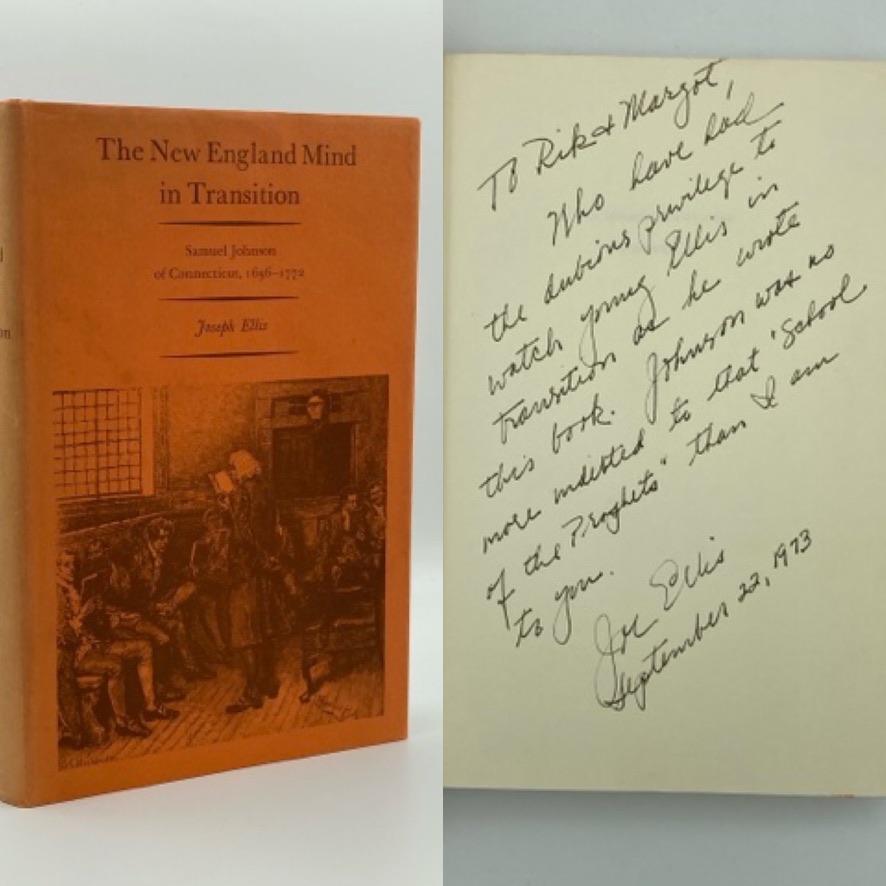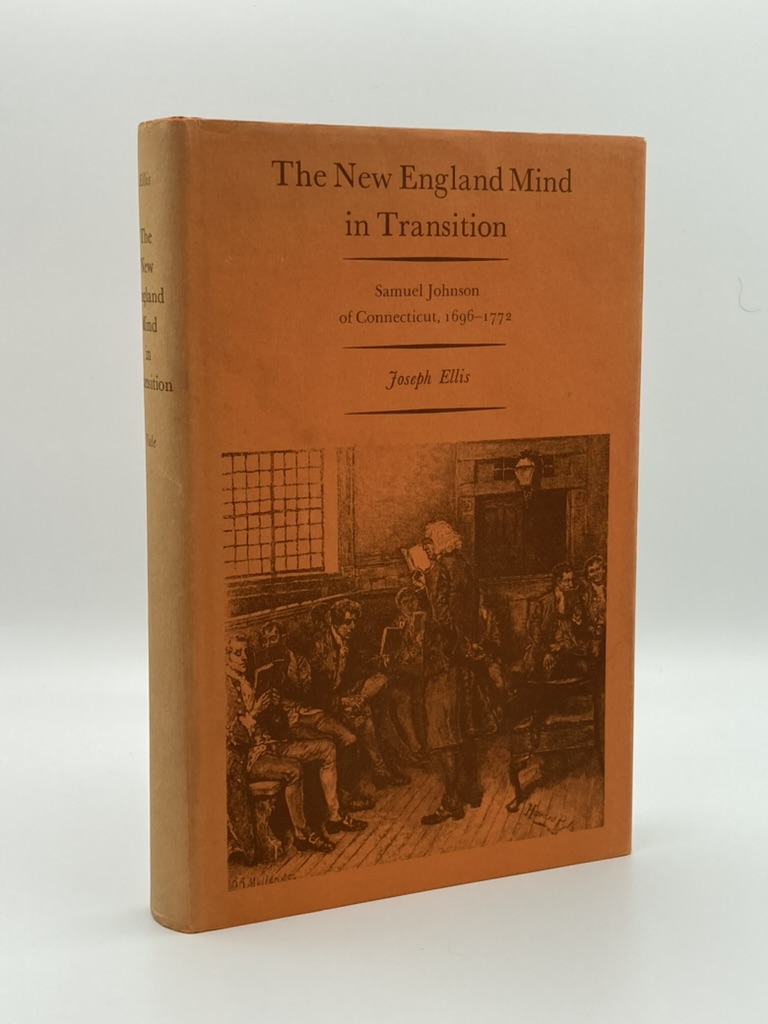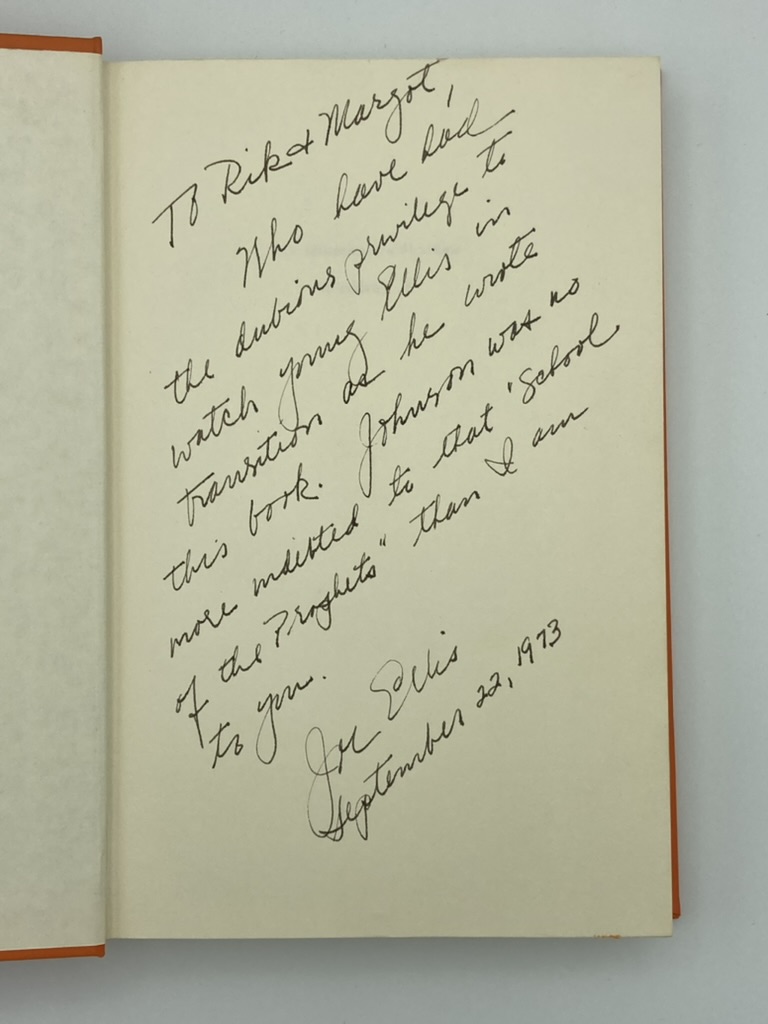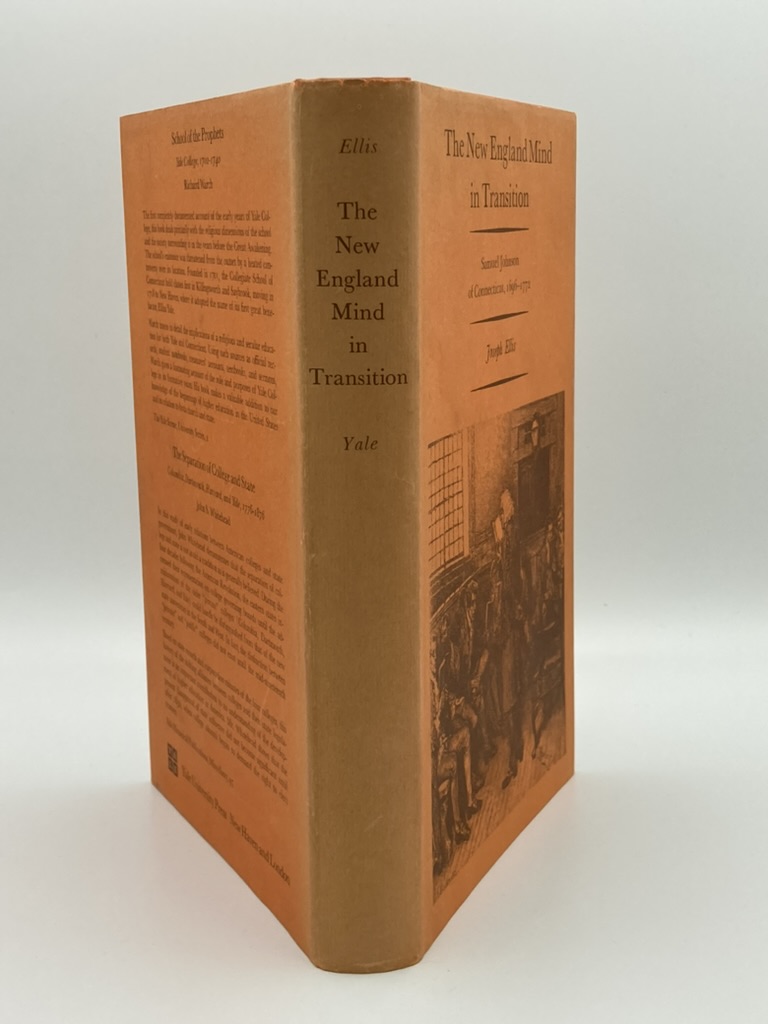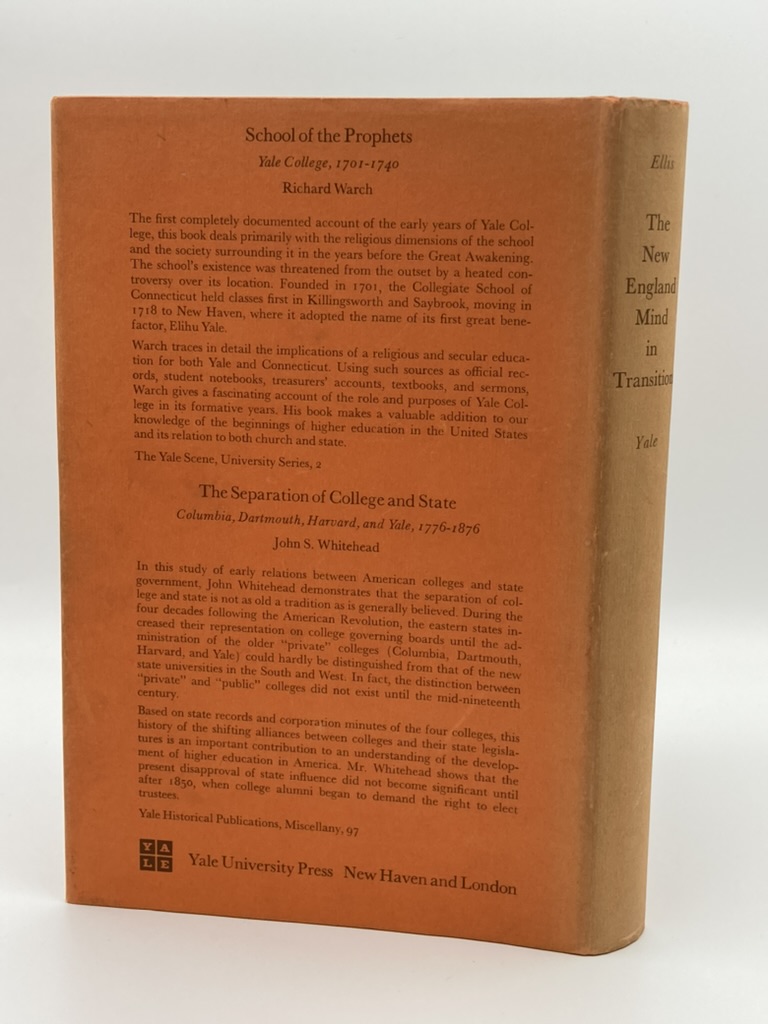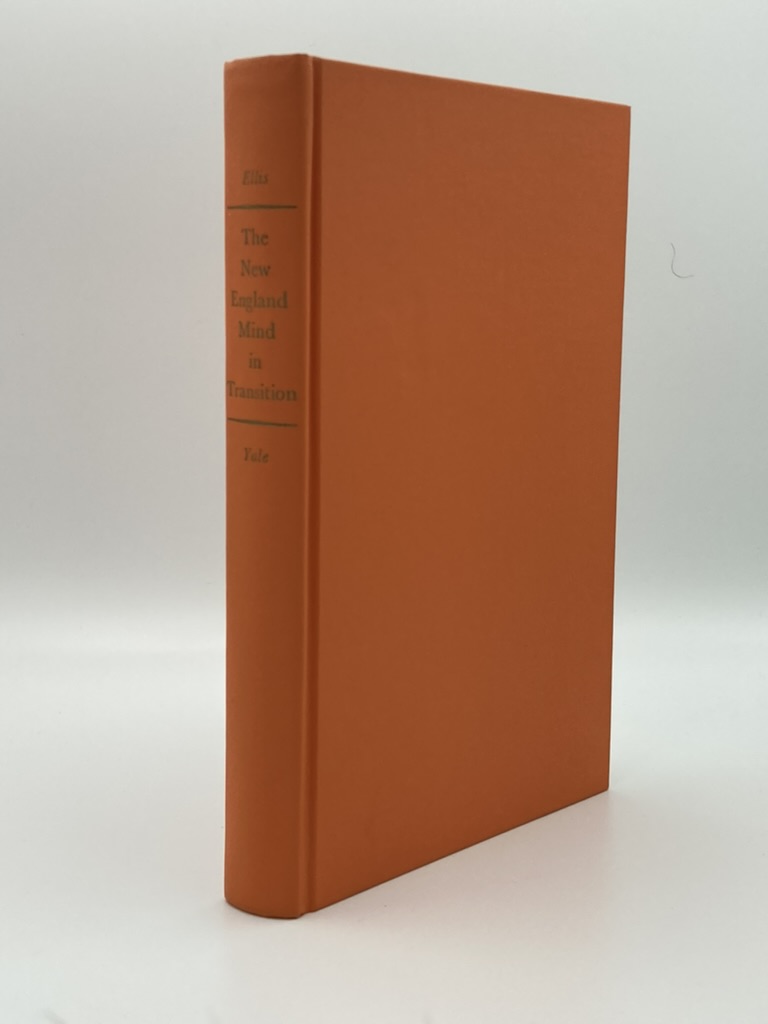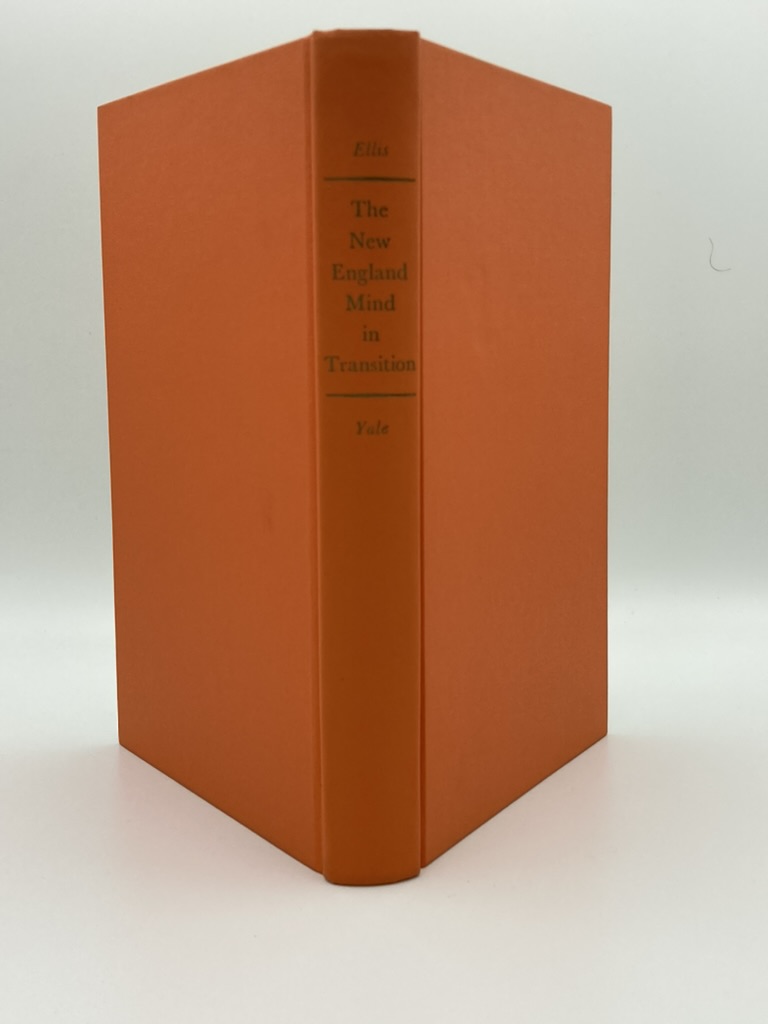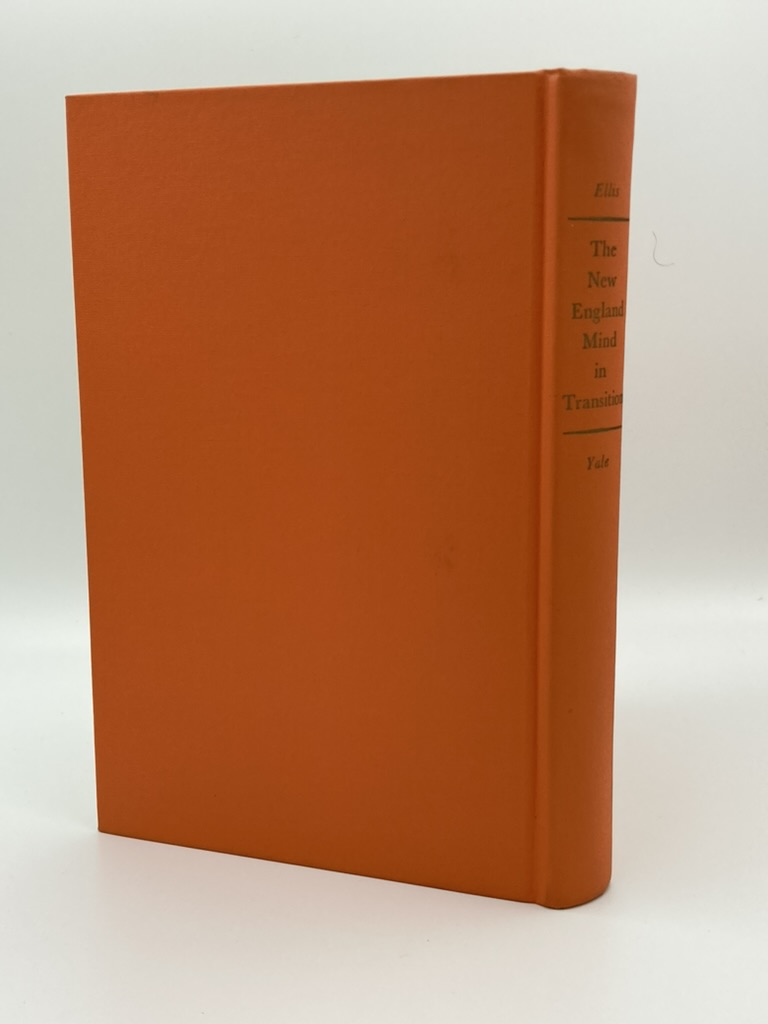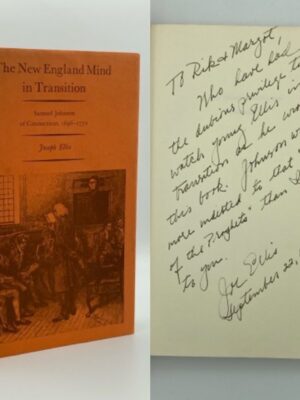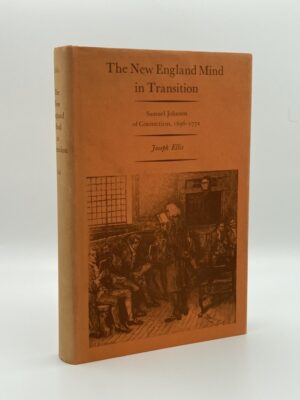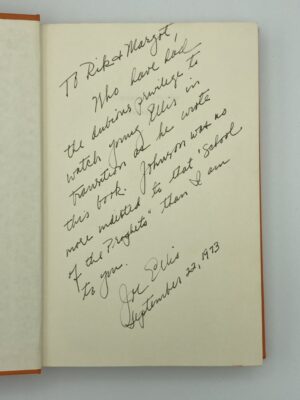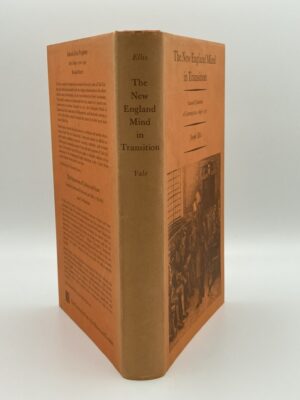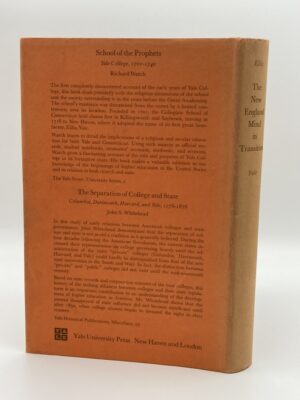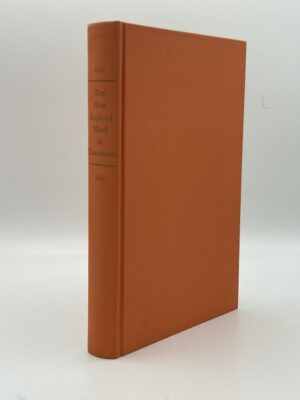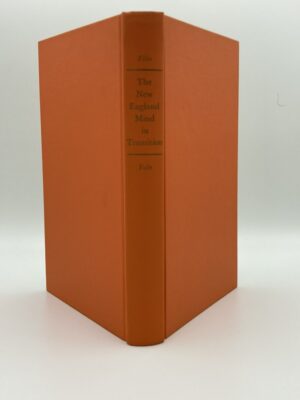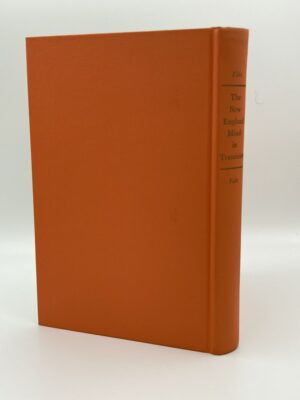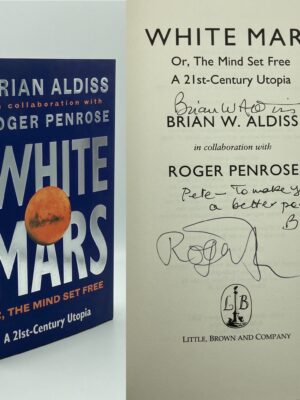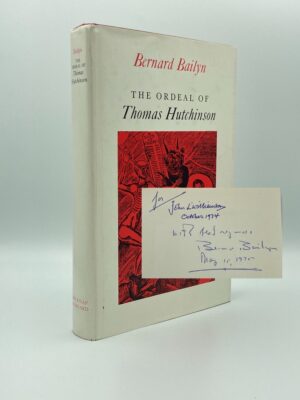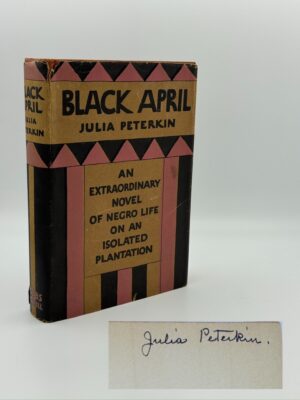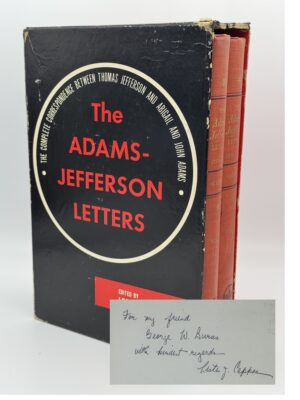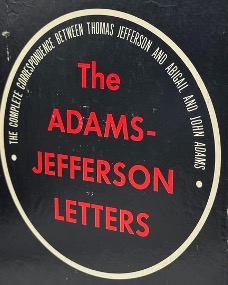
Founding Lines
A fictitious bookseller specializing in pre-Civil War U.S. history
Membership(s): VABA
Ellis, Joseph J.
The New England Mind in Transition
$400.00
Ellis, Joseph J.
New Haven, CT: Yale University Press, 1973.
First edition of author’s first book, warmly inscribed to Ellis’ close associates:
“For Rik & Margot / Who have had / the dubious privilege to / watch young Ellis in / transition as he wrote / this book. Johnson was no / more indebted to that “School / of the Prophets” than I am / to you”
Signed as “Joe Ellis” and dated in the year of publication. A fine copy in near fine dust wrapper with some slight fading to the spine, trifle rubbing to the spine tips, one tiny nick, and a little soiling.
Ellis won the Pulitzer Prize in 2001 for his work Founding Brothers, exploring how the interactions between the leading figures of the US Constitutional era profoundly influenced the early development of the Republic. Ellis is also credited with leading a revival of interest in John Adams, a President he viewed as under-appreciated for both his character and achievements.
The New England Mind grew out of Ellis’ PhD dissertation at Yale (The Puritan Mind in Transition: The American Samuel Johnson (1696-1772)). While at Yale, Ellis became close friends with Richard “Rik” Warch, a fellow graduate student and then member of the faculty, and his wife Margot. Warch was the author of a history of Yale in the early 18th century, attended by Johnson, and Ellis cites Warch’s doctoral dissertation as “the best secondary account of the intellectual and religious climate at early Yale” in the bibliographical essay of his work. The “School of Prophets” in the inscription refers to the title of Warch’s own book-length treatment of his dissertation (School of Prophets. Yale College, 1701 – 1740 also published by the Yale University Press).
Related products
-
Aldiss, Brian and Roger Penrose
White Mars, or, The Mind Set Free
$550.00Offered for Sale by: The Redbridge Book Co. -
Bailyn, Bernard
The Ordeal of Thomas Hutchinson
$500.00Harvard University Press: Cambridge (MA), 1974. First Edition of this winner of the 1975 National Book Award in History. Inscribed “with best regards”, signed and dated by the author. The recipient, a student pursuing his MPA at Harvard where Bailyn was a professor at the time, had previously written in his name and date, hence a difference in hand-writing in the inscription. Spine a bit creased but book is tight and seemingly unread. Near fine in little rubbed, near fine dust wrapper. Books signed by Bailyn are scarce indeed. Few historians since World War II have left an imprint on that field of study that rivals Professor Bailyn’s. In his classic 1967 work, “The Ideological Origins of the American Revolution,” Bailyn reshaped the study of the origins of the American Revolution, maintaining that the ideology of liberty and freedom was ingrained in the colonists, displacing Charles A Beard’s then dominant theory that the American Revolution was primarily a matter of class warfare and that the rhetoric of freedom was meaningless. On topic after topic, in more than 20 books that he wrote or edited, Bailyn shifted the direction of scholarly inquiry, in the process winning two Pulitzer Prizes, a National Book Award, a Bancroft Prize (the most prestigious award given to scholars of American history) and, in 2011, the National Humanities Medal. less
moreOffered for Sale by: Founding Lines -
Peterkin, Julia
Black April
$800.00Bobbs Merrill: Indianapolis, 1927. First edition, first issue with ‘ducks quacked’ on page 17 (Ahearn Collected Books). “An extraordinary novel of Negro life on an isolated plantation” signed by the author on front free endpaper. Black April was “accepted by the critics as being one of the best books ever written about the southern negro” (The Sunday Oregonian). A very good copy, gilt on spine and front cover dulled as usual in very good, first issue dust wrapper without Crawford blurb, price intact, extremities of spine a little chipped, one small edge tear to rear. Peterkin went on to win the Pulitzer Prize in 1929, the first southern novelist to receive that honor. A household name for the better part of three decades, “Peterkin’s accomplishment lay in her upending the traditional plantation novel by replacing its gross stereotypes with rural black southerners of complexity, stamina, integrity, and courage, while valorizing the African spiritual inheritance as a transcendent force of cultural regeneration. Because no Uncle Toms, Aunt Jemimas or Colonels clad in white linen inhabited Peterkin’s fiction (indeed, white characters made rare appearances), and because she dared depict tender love and sex between black people, prickly white southerners viewed her suspiciously, perceiving her work as inflammatory and pornographic. In a letter to her mentor H.L. Mencken, Peterkin admitted the sting of her own family’s disdain. Her grown son, she relayed, urged her to write about ‘beautiful white men and women, not n-words.’ In a poignant confession of her alienation she tersely wrote, ‘No beautiful white people live in my head.'” (Life out of Darkness: The Recovery of Julia Peterkin, Forgotten Pulitzer Prize Winner by Elizabeth Robeson, M.Phil, Columbia University). less
moreOffered for Sale by: The Accidental Bookseller -
Capon. Lester J. (editor)
The Adams-Jefferson Letters: The Complete Correspondence between Thomas Jefferson and Abigail and John Adams
$250.00University of North Carolina Press: Chapel Hill, 1959. Two volumes. Complete correspondence between founding fathers John Adams and Thomas Jefferson. Includes the correspondence between Abigail Adams and Jefferson. Inscribed by editor Lester J. Capon. Spines lightly sunned otherwise fine. Slipcase rubbed at extremities with a few tape repairs. No dust wrappers as issued. The correspondence between John Adams and Thomas Jefferson spanned half a century and embraced government, philosophy, religion, quotidiana, and family griefs and joys. First meeting as delegates to the Continental Congress in 1775, they initiated correspondence in 1777, negotiated jointly as ministers in Europe in the 1780s, and served the early Republic–each, ultimately, in its highest office. At Jefferson’s defeat of Adams for the presidency in 1800, they became estranged, and the correspondence lapses from 1801 to 1812, then is renewed until the death of both in 1826, fifty years to the day after the Declaration of Independence. One of the monuments of American scholarship and, to quote C. Vann Woodward, ‘a major treasure of national literature.’ less
moreOffered for Sale by: Founding Lines

 USD
USD GBP
GBP EUR
EUR CAD
CAD AUD
AUD ZAR
ZAR